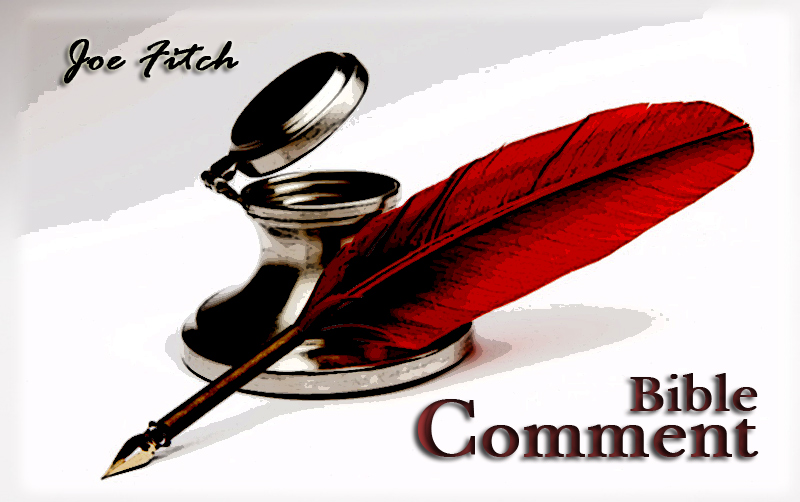The silver is mine—
Leaving their nets and boats was leaving their business;
they were fishermen.
![]()
The silver is Mine, and the gold is Mine,
says the LORD of hosts —Haggai 2:8
[2col1]THIS is to remind and shock ancient Israel as they fret over temple construction costs. God could afford the temple—fill it with glory as it pleased him.
Nothing has changed; the silver and the gold is still His —every last dime —even what is in your pocket —all your bank account —all your savings —all your investments. It is His!
For every beast of the forest is Mine, and the cattle on a thousand hills. I know all the birds of the mountains, and the wild beasts of the field are Mine(Psa.50:10). That includes the cows in your barn!
Check the deed on that “thousand hills.” It belongs to God. He has not sold it —never gave title to anyone for even one hill. And understand, that “thousand hills” includes your “back forty.” Furthermore, it includes the house. Neither is yours —even though you pay taxes on it. It is His.
If I were hungry, I would not tell you; for the world is Mine, and all its fullness(Psa.50:12). The food in your pantry? His! The clothes in your closet —on your back? His! The business you run? His! The time you call your own? His!
…you are not your own? For you were bought at a price; therefore glorify God in your body and in your spirit, which are God’s (1Cor.6:19,20). First you are His by right of creation, and then again His by purchase “redeemed with the precious blood of Christ”
If we ever grasp the import of these claims of God, we will begin to understand stewardship —and also understand some things that have eluded us.
The rich ruler could not handle “sell what you have and give it to the poor”(Mt.19:21) because he did not know “the silver is mine.” He thought in terms of “he had great possessions” In truth, he had nothing. He would have had less trouble giving away the Lord’s things![endcol] [2col2] On the opposite hand, this may explain why the disciples —“all who were possessors of lands or houses sold them, and brought the proceeds of the things that were sold, and laid them at the apostles’ feet” (Act.4:32-). His people were fed by selling His “lands and houses.” Nothing strange —if you know who owns the property.
Again Jesus called the fishermen to be disciples: “Come after Me, and I will make you become fishers of men. And immediately they left their nets and followed Him” (Mk.1:17-18). Leaving their nets and boats was leaving their business; they were fishermen. Is that not a lot to ask of them? Not if you understand who owns the boats and nets! If the boat owner wants Peter, Andrew, James, and John fishing for men rather than fish, it is his business after all. And remember Matthew was “a tax collector” when Jesus said to him, “Follow Me.” He had a fine job, but “he left all, rose up, and followed Him.” Is that sensible? Is it too much to expect some one to give up so much? It is unless you know “the silver and the gold is mine” and “you are not your own.”
Paul would “very gladly spend and be spent for your souls”(2Cor.12:15). He understood stewardship —as did the disciples who sold houses. From his pocket, he spent the Lord’s money on the Lord’s people. Even more, he would “be spent” —use himself up for them. Why did he do that? His unselfishness surely has roots in understanding “you are not your own.” He is God’s servant to serve God’s interest.
What a transformation if Christians learned —really accepted “the world is Mine, and all its fullness.” No more “our money” and “our things” and “ourselves.” No more “giving to the Lord” from what “we prospered” nor “setting aside time for God” in “our schedule.” We would: “As each one has received a gift, minister it to one another, as good stewards of the manifold grace of God. Are we willing to learn the lesson?[endcol] [clearcol]
Bible Comments, 34, a publication by Joe Fitch originally intended for distribution among small congregations in Texas.
Used here by kind permission.
